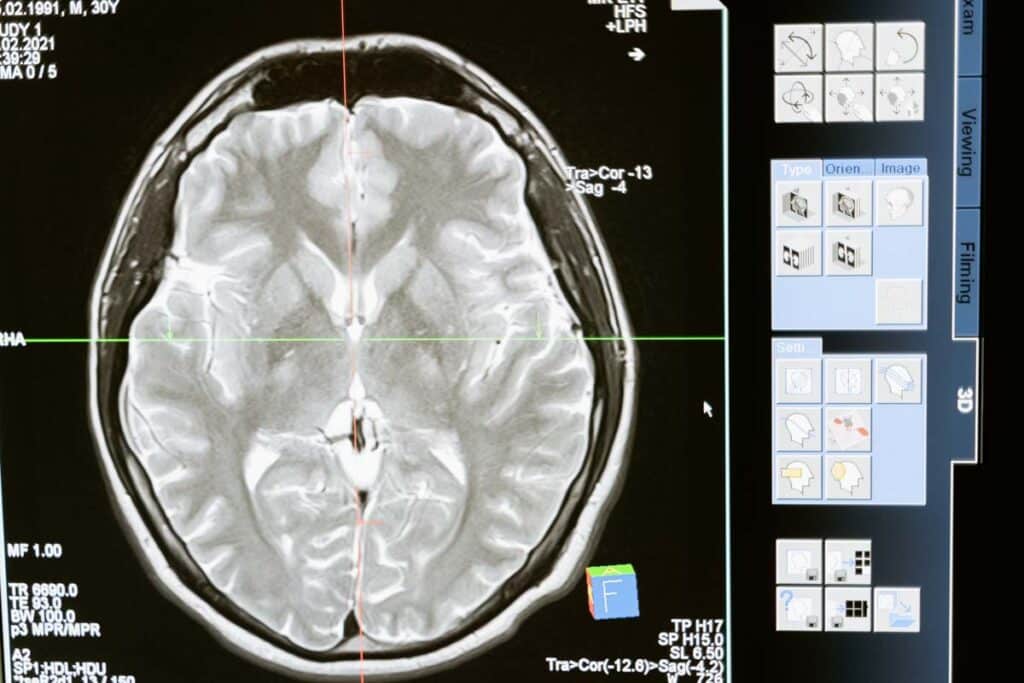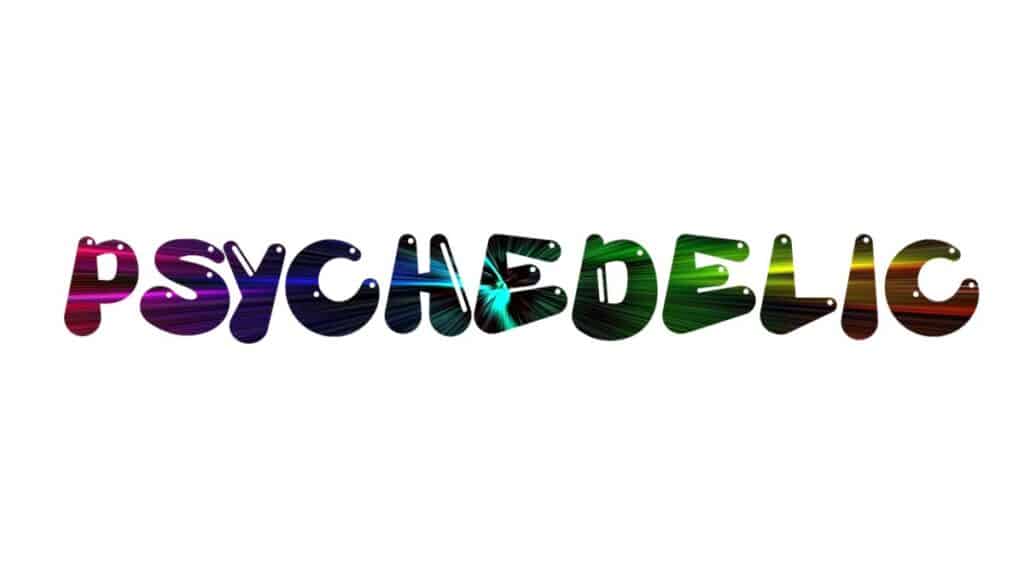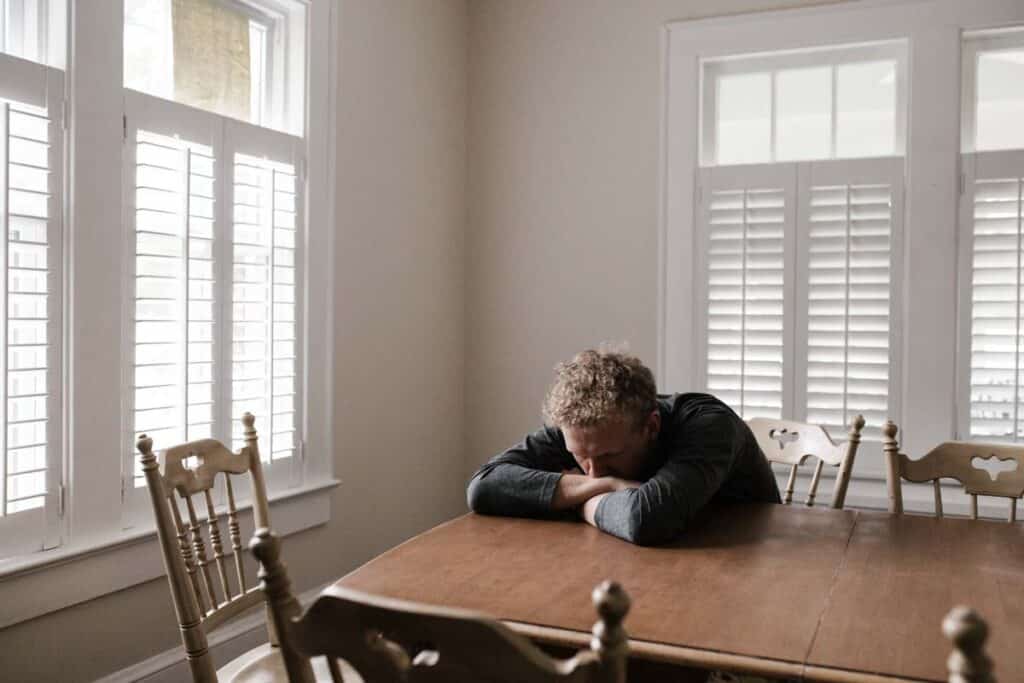MDMA, also known as Ecstasy or Molly, is a common recreational drug. The effects on the user include feelings of increased energy, euphoria, emotional warmth, and distortions in time perception and sensory experiences. The most common ways to take MDMA are orally through tablets or capsules.
There are various possible side effects including jaw tension, grinding of the teeth, increase in body temperature leading to muscle cramping and thirst. It is possible for users to cause serious damage, sometimes fatal, from overheating or drinking too much water while under the influence of MDMA.
However, it is not just the immediate side effects and dangers that users must consider. It is also the long-term impact that it can have on your brain. If you are concerned about the impact of regular MDMA use, you should consider addiction treatments.
So, what happens to your brain if you abuse MDMA (Ecstasy/Molly)?
What Happens To Your Brain When You Take MDMA?

The initial effects of MDMA are caused by neurotransmitters in your brain. When you first take MDMA, it enters your bloodstream and travels to your brain. It then causes the release of three neurotransmitters: dopamine, norepinephrine, and serotonin. This causes feelings of happiness and energy, which are important parts of MDMA’s role in recreational drug use.
When levels of these neurotransmitters drop, you will experience the negative effects associated with taking MDMA. These include confusion, anxiety, depression, and an overall feeling of fatigue. The ‘comedown’ or ‘hangover’ that people experience from MDMA happens because large amounts of neurotransmitters are released in one go, leaving the brain depleted afterward. The lack of serotonin, in particular, can lead to feelings of depression.
It is common for users to take more ecstasy after this happens. However, doing so can increase the severity of its adverse effects on your brain function. Taking large amounts at once could lead to seizures or even death. Additionally, taking too much can prolong both positive and negative experiences – leading to problems that last days or weeks following usage.
What Are The Long-Term Effects Of Regular MDMA Use?

When you take MDMA, your brain chemistry is altered and the brain is forced to release large amounts of neurotransmitters. Over time, with regular use, this can have a serious impact. Firstly, it can deplete the overall levels of these compounds in the brain. With less overall serotonin and dopamine in the brain, users are likely to experience problems with depression, anxiety, confusion, memory loss, and aggression.
Regular MDMA use can also impact the way that neurotransmitters in the brain work. The reward systems in the brain can become reliant on the drug to release neurotransmitters, meaning that users are unable to feel happy and content unless they are taking MDMA. Taking the same amount as before will not give them feelings of euphoria, it will simply release normal amounts of serotonin. This leads to increased tolerance and causes people to keep taking larger amounts.
As your brain chemistry is rewired and you become reliant on MDMA to experience positive emotions, addiction can quickly develop. The feelings of depression and anxiety that arise as a result of the brain having insufficient serotonin can be difficult to handle, leading people to take more MDMA. This causes addiction and gives rise to a cycle of mental health issues and substance abuse. Anybody that finds themselves in this position must seek treatment for their substance abuse problems right away.
How Can You Manage MDMA Addiction?

MDMA is often thought of as a ‘safer’ alternative to other substances like cocaine and people think that it is less addictive. However, that is not the case and anybody experiencing problems with their MDMA use should be admitted to a treatment program right away.
The common signs of MDMA addiction include:
- Regular MDMA use
- Withdrawing from social events that don’t involve MDMA use
- Depression and anxiety
- Financial problems
- Attempting to justify their MDMA use, often by comparing it to other drugs like cocaine or heroin
These symptoms point to addiction and it is important that users seek advice right away. Many people with MDMA addictions are still able to hold down a job as the nature of the drug means it is a more social, nighttime activity. So, intensive outpatient programs are usually the best option. Addicts can get the help they need without having to be admitted to a full-time rehab facility.
For people that struggle to get to a treatment facility or have other responsibilities at home, telemedicine options are perfect.
No matter how serious your substance abuse problems are, there are always treatment options available to you. So, if you or somebody close to you are a regular MDMA user, seek professional treatment right away.

